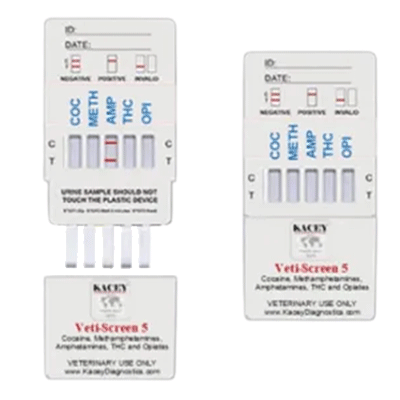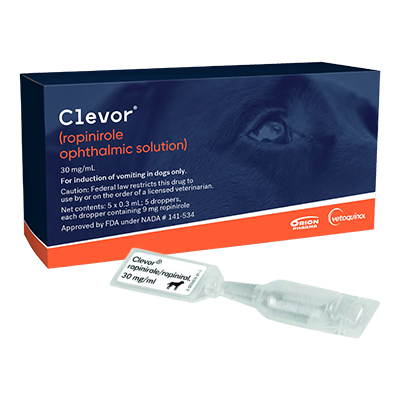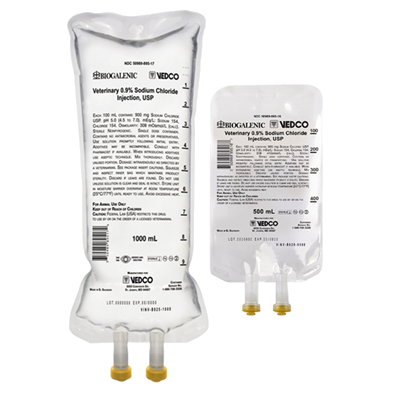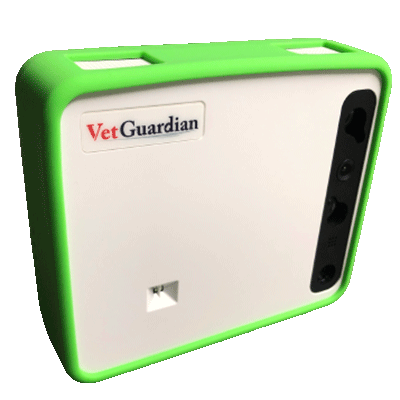 Web Content Viewer
Web Content Viewer
Recognizing and Testing for Symptoms of Marijuana Toxicity in Pets
Published on 6/26/23

With the increasing acceptance and availability of marijuana products, it's important for to familiarize yourself with the symptoms of marijuana toxicity in pets. This blog post aims to provide valuable insights on recognizing and testing for these symptoms, allowing you to take prompt and appropriate action to ensure the health and safety of your furry patients.
Recognizing the Symptoms
Marijuana toxicity in pets can occur when they inadvertently ingest or are exposed to cannabis products. Dogs, in particular, are more susceptible due to their curious nature and tendency to explore their environment with their mouths. Recognizing the following symptoms is crucial in identifying potential cases of marijuana toxicity:
-
Altered Mental State
Pets experiencing marijuana toxicity may exhibit disorientation, confusion, lethargy, or an abnormal level of sedation.
-
Abnormal Behavior
Look out for unusual behaviors such as excessive drooling, anxiety, restlessness, or agitation. In some cases, pets may display a loss of coordination, tremors, or even seizures.
-
Gastrointestinal Distress
Vomiting, diarrhea, or an increased thirst and urination frequency are common signs associated with marijuana ingestion.
-
Changes in Heart Rate
Elevated heart rate, also known as tachycardia, can be an indication of marijuana toxicity. Monitor your patient's pulse rate to identify any abnormalities.
Testing for Marijuana Toxicity
When presented with a case suspected of marijuana toxicity, it is important to confirm the diagnosis through appropriate testing. Here are some key steps to follow:
-
History Taking
Obtain a detailed history from the pet owner, including any exposure to marijuana or cannabis products, the timing of exposure, and the quantity ingested (if known).
-
Physical Examination
Perform a thorough physical examination to assess the pet's vital signs, overall condition, and presence of any specific symptoms associated with marijuana toxicity.
-
Diagnostic Tests
Employ various diagnostic tools to confirm the presence of marijuana in the pet's system. These may include urine or blood tests to detect the presence of THC (tetrahydrocannabinol) or its metabolites.
We recommend keeping a supply of tests on-hand, such as Veti Drug Screen 5, a rapid urine test that detects levels for cocaine, methamphetamine, amphetamine, THC, and opiates in just 5 minutes. Expiration dating is 15 months, meaning you can keep a ready supply on hand without concern.

-
Differential Diagnosis
Keep in mind that the symptoms of marijuana toxicity can sometimes overlap with other medical conditions. Rule out other potential causes through additional diagnostic tests if necessary.
Treatment and Care
Once marijuana toxicity is confirmed, immediate treatment is vital to prevent further complications. Depending on the severity of the symptoms, treatment options may include:
-
Inducing Vomiting
If ingestion occurred within a short time frame, inducing vomiting with an emetic like Clevor Ophthalmic Solution may be considered to eliminate any unabsorbed marijuana from the pet's system.

-
Supportive Care
Provide supportive care to stabilize the pet's condition. This may involve intravenous fluids to maintain hydration, antiemetic medication like Ondansetron to control vomiting, and other measures as deemed necessary.


-
Monitoring and Observation
Keep a close watch on the pet's vital signs, mental state, and overall well-being. Ensure a calm and stress-free environment to aid in their recovery.
The VetGuardian Monitoring System by Zoetis makes stress-free monitoring simple with its zero-touch system. It monitors pulse and respiration with Doppler RADAR technology, movement with high-quality video and LIDAR sensors, and temperature with a thermal camera and proprietary algorithms.

Being well-informed about the symptoms of marijuana toxicity in pets and knowing how to test for it is paramount to providing the best care for patients. By recognizing the signs early on, conducting the appropriate diagnostic tests, and initiating timely treatment, you can minimize the potential risks and ensure the well-being of your clients’ beloved animal companions.
Source: https://www.aspcapro.org/resource/marijuana-toxicosis-animals